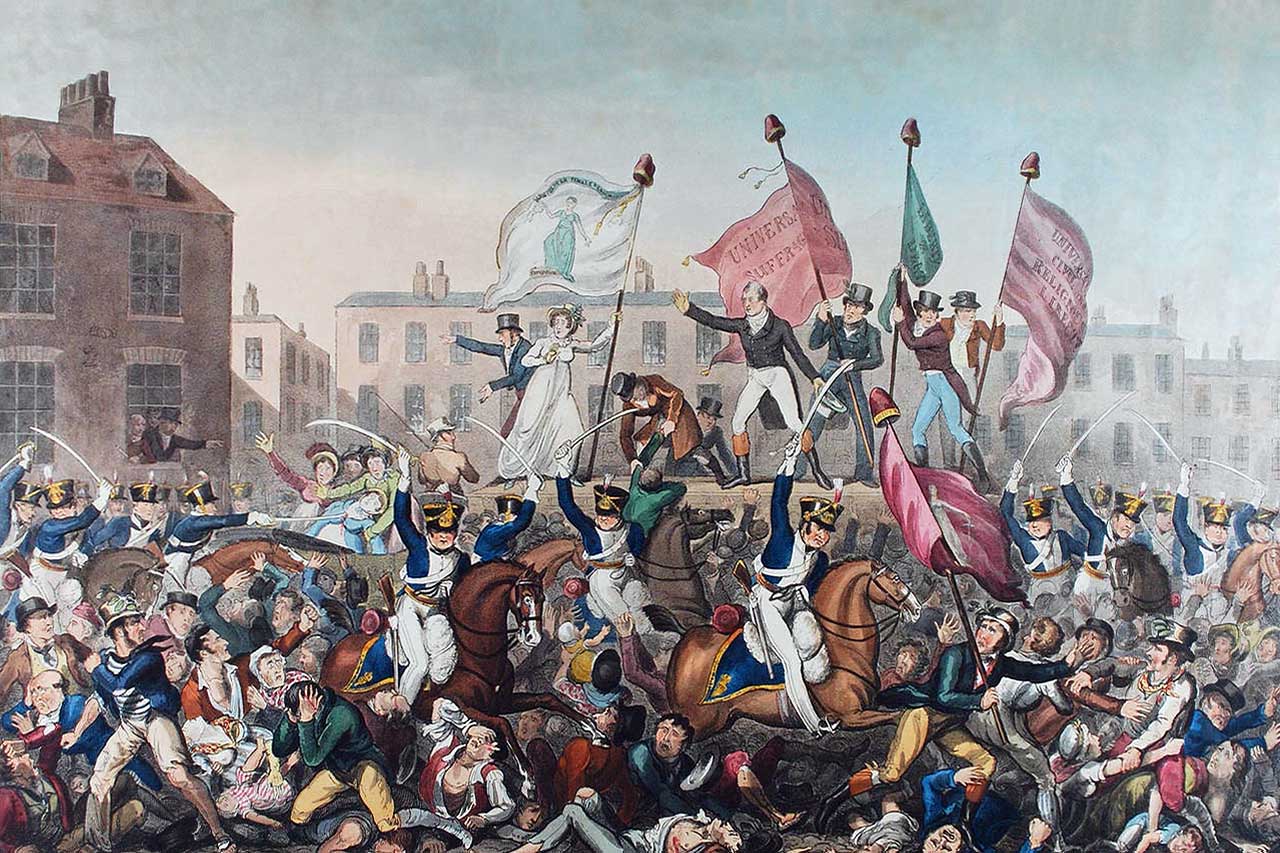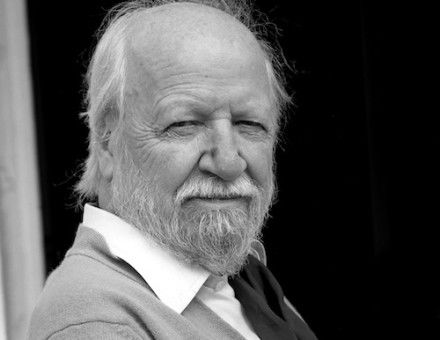Lord Liverpool and Alternatives to 'Repression' in Regency England
John Plowright reconsiders a lost leader and the battle he won to maintain public order.

In the preface to his book The Making of the English Working Class (1963) E.P. Thompson addressed himself to a species of history written by the ‘winners’ which inhibited a proper understanding of early nineteenth-century Britain. This was the ‘Pilgrim’s Progress orthodoxy, in which the period id ransacked for forerunners-pioneers of the Welfare State, progenitors of the Socialist Commonwealth, or (more recently) early exemplars of rational industrial relations’. Such a view of the past, according to Thompson, ‘reads history in the light of subsequent preoccupations, and not as in fact it occurred’, with the result that ‘Only the successful (in the sense of those whose aspirations anticipated subsequent evolution) are remembered. The blind alleys, the lost causes and the losers themselves are forgotten’.





